When Better Call Saul premiered in 2015, Breaking Bad's "criminal" lawyer Saul Goodman (the ever-so-magnetic Bob Odenkirk) acquired immense depth as the insecure yet ambitious Jimmy McGill. As a prequel to Vince Gilligan's dense and epic crime drama, Better Call Saul takes place before Jimmy's transformation into the eccentric and money-hungry Saul Goodman.
Although former chemistry teacher and meth manufacturer Walter White (played with award-winning intensity by Bryan Cranston) is often referenced as one of television's greatest antiheroes, Better Call Saul has developed Jimmy McGill into a tortured and beautifully layered member of the Breaking Bad universe as well.
10 Jimmy McGill: His Transformation Is More Nuanced
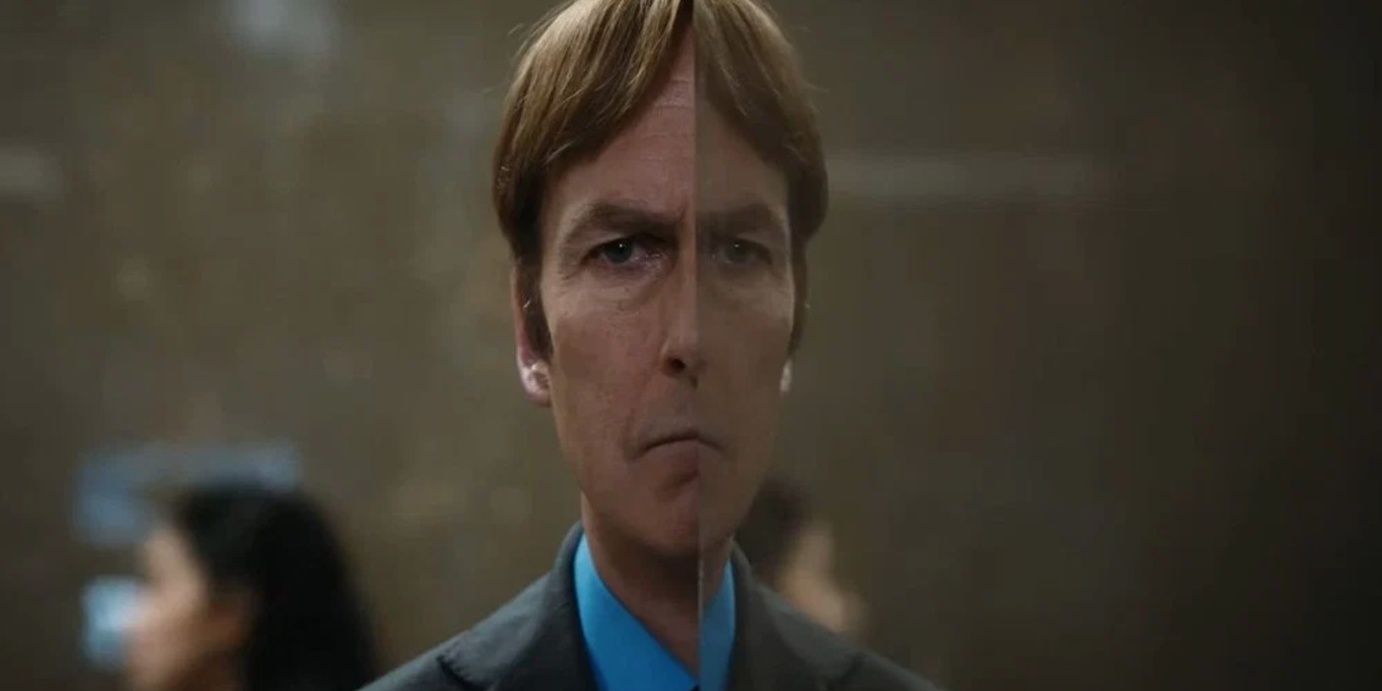
In fact, Jimmy and Saul are more alike than they are unalike, distinguished most significantly by demeanor and emotional depth. In both Better Call Saul and Breaking Bad, a subversion of the legal system constitutes their methodologies as lawyers; like Saul, Jimmy also disregards sanctioned forms of "justice" to help his clients... and himself, of course. However, in Better Call Saul, Jimmy exhibits a stronger emotional connection to his surroundings, largely due to his relationship with Chuck, Kim, and other influential figures (some toxic, some not) in his life.
In Breaking Bad, much of this emotional depth is absent, and in its place is an endless supply of bright suits and cringe-worthy hair. Knowing his complicated and painful backstory, however, adds depth to this transformation. Saul may be even more sly and inventive than Jimmy, but their most pronounced difference is Saul's lack of emotional bonds.
9 Walter White: His Transformation Is Stark
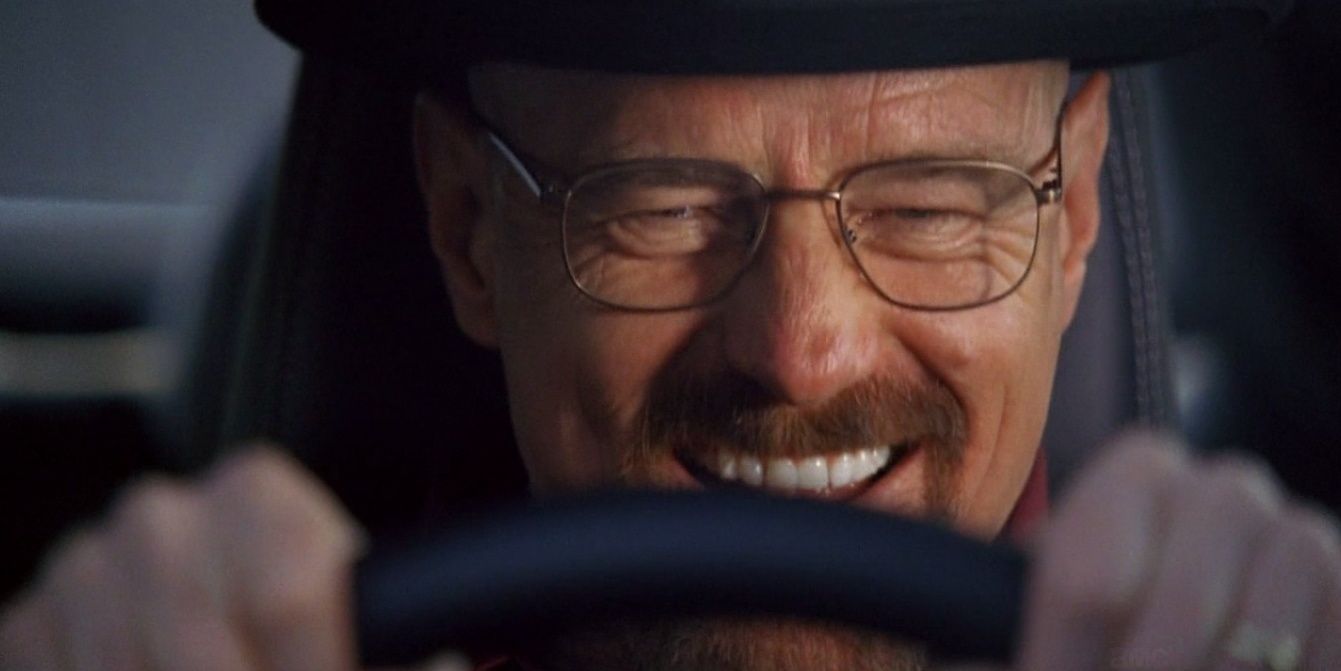
Throughout the course of Breaking Bad, Walter evolves (or devolves) from a frustrated rookie in the meth business to a frightening, and perhaps pathological, mastermind. On paper, he needs money to pay for his cancer treatment, but Walter's foray into meth is also bound up in notions of masculinity and inferiority. This insecurity manifests in almost all his relationships and is contextualized by his sordid history with Gretchen and Elliott Schwartz.
As he amasses more power, Walter weaponizes it, exerting disturbing control over Jesse, Skyler, and others in his path. Even by the end of season two, when Walter contributes to Jane's drug-related death, he little resembles the character audiences meet at the beginning of season one. Feelings of powerlessness transform into a toxic strength that terrorizes everyone around him.
8 Jimmy McGill: His Capacity For Empathy Is Endearing

For all his moral conundrums, Jimmy consistently shows deep empathy for his loved ones and regularly faces turmoil at their suffering. Perhaps the best example of this is Chuck (Michael McKean), Jimmy's brother and a hotshot lawyer. At the beginning of Better Call Saul, viewers see Chuck tackling a mental illness that causes him to fear electricity. Through his visits and clear distress at Chuck's mental state, Jimmy exhibits his love, although that love is often left unreciprocated when Chuck denigrates Jimmy.
Additionally, Jimmy shares a mismatched but loving relationship with fellow lawyer Kim Wexler (Rhea Seehorn), whose code of ethics is unaligned with Jimmy's and constantly causes disagreement. Still, Jimmy adores her and is often distressed when he lies or makes a decision that she opposes. As Saul in Breaking Bad, however, much of this empathy is absent, representing a critical (and intriguing) transformation in Jimmy's capacity for empathy.
7 Walter White: His Capacity For Empathy Is Muddled
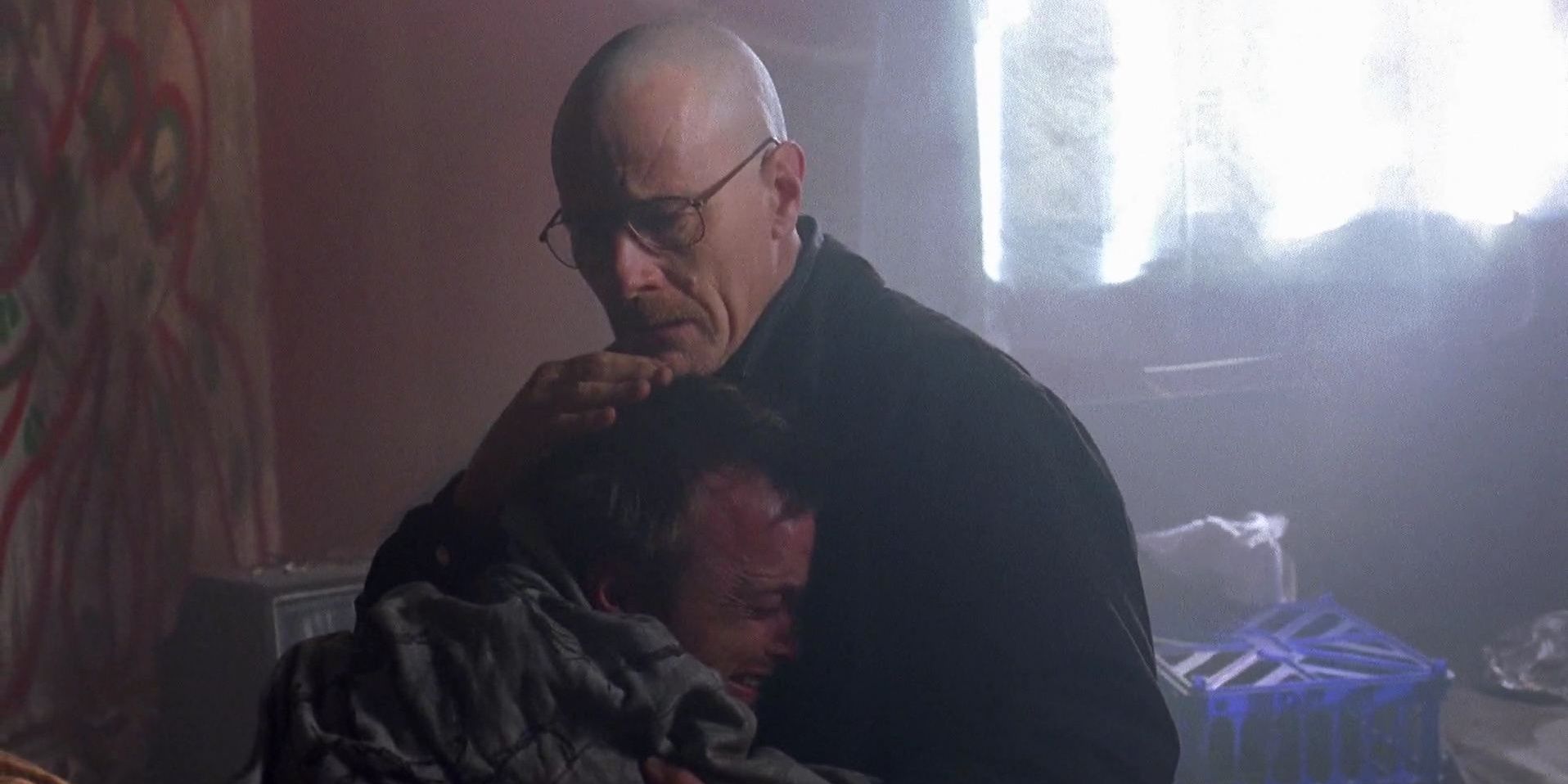
Walter, on the other hand, quickly begins his transformation into a decidedly unempathetic figure, and this lack of empathy makes him more convincing as an antihero (as opposed to a hero, which some brave viewers could call the well-meaning Jimmy). Walter manipulates and mistreats almost every single person in his life, most notably his wife Skyler (Anna Gunn) and genuinely empathetic partner Jesse Pinkman (Aaron Paul).
Yet, Walter also claims to care deeply about his family and even Jesse, which creates a complicated, antiheroic quandary around his true emotions. Walter is seen comforting Jesse in times of turmoil, for example, but he also causes and lies about his role in Jesse's pain.
6 Jimmy McGill: His Familial Backstory Is Richer
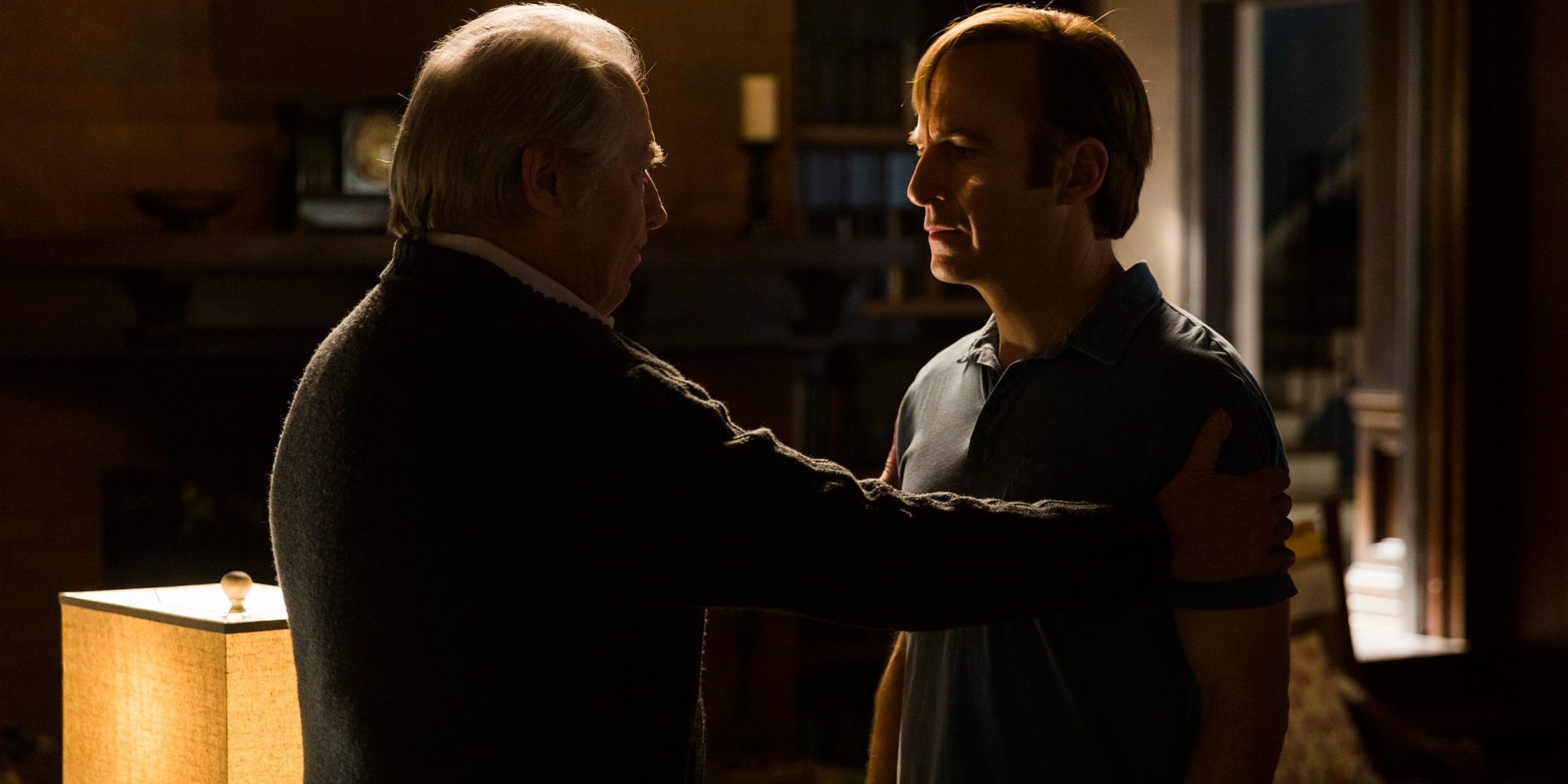
Much of Jimmy's insecurity involves his brother Chuck, who lies to, resents, and judges Jimmy at every turn throughout Better Call Saul. Of course, Chuck has his own issues to tend with, but this complicated brotherhood adds a special dimension to Jimmy's character. In one particularly heartwrenching moment of their relationship, which occurs during the season three finale, Jimmy attempts to mend fences with Chuck.
An eerily even-keeled Chuck tells Jimmy, "In the end, you're going to hurt everyone around you. So stop apologizing and accept it. Embrace it. Frankly, I'd have more respect for ya' if you did . . . The truth is, you've never mattered all that much to me." Jimmy is visibly heartbroken by this last statement, and one could argue that, in Breaking Bad, he becomes the less remorseful figure that Chuck orders him to be.
5 Walter White: He Faces Impending Death
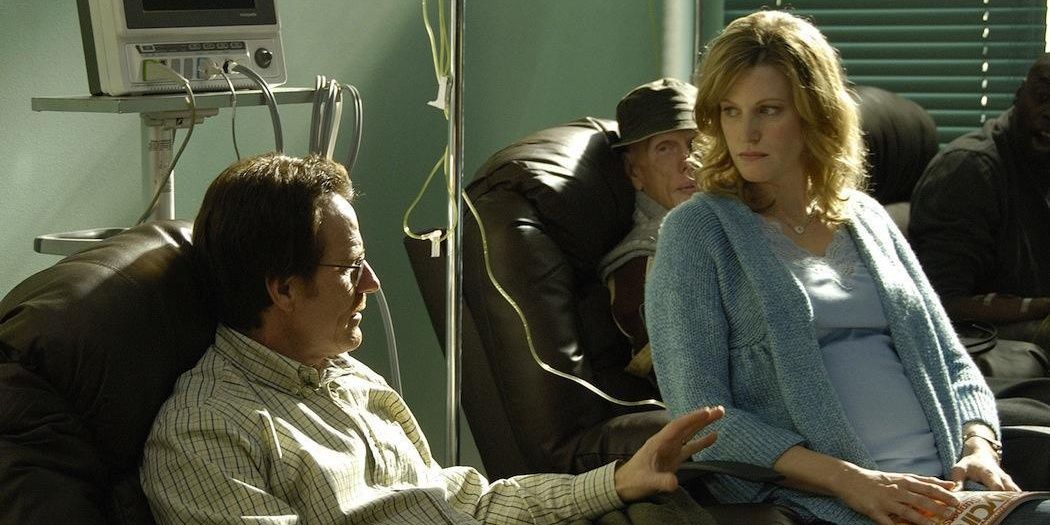
During the bad, the worse, and the just plain evil moments in Walter's transformation, death looms at every turn, adding a level of urgency to his questionable behavior. He cites cancer as a reason to continue his involvement in the meth business, telling Skyler and others that he must provide for his family before he dies.
However, this insistence becomes less and less connected to reality as Walter uses his rising power to abuse, mislead, and murder. Still, there is a way in which Walter's cancer conflicts with his power, making it inherently uncertain and thus more intriguing. He will die, but he seems intent on establishing an empire beforehand.
4 Jimmy McGill: He Cleverly Manipulates An Unjust Legal System
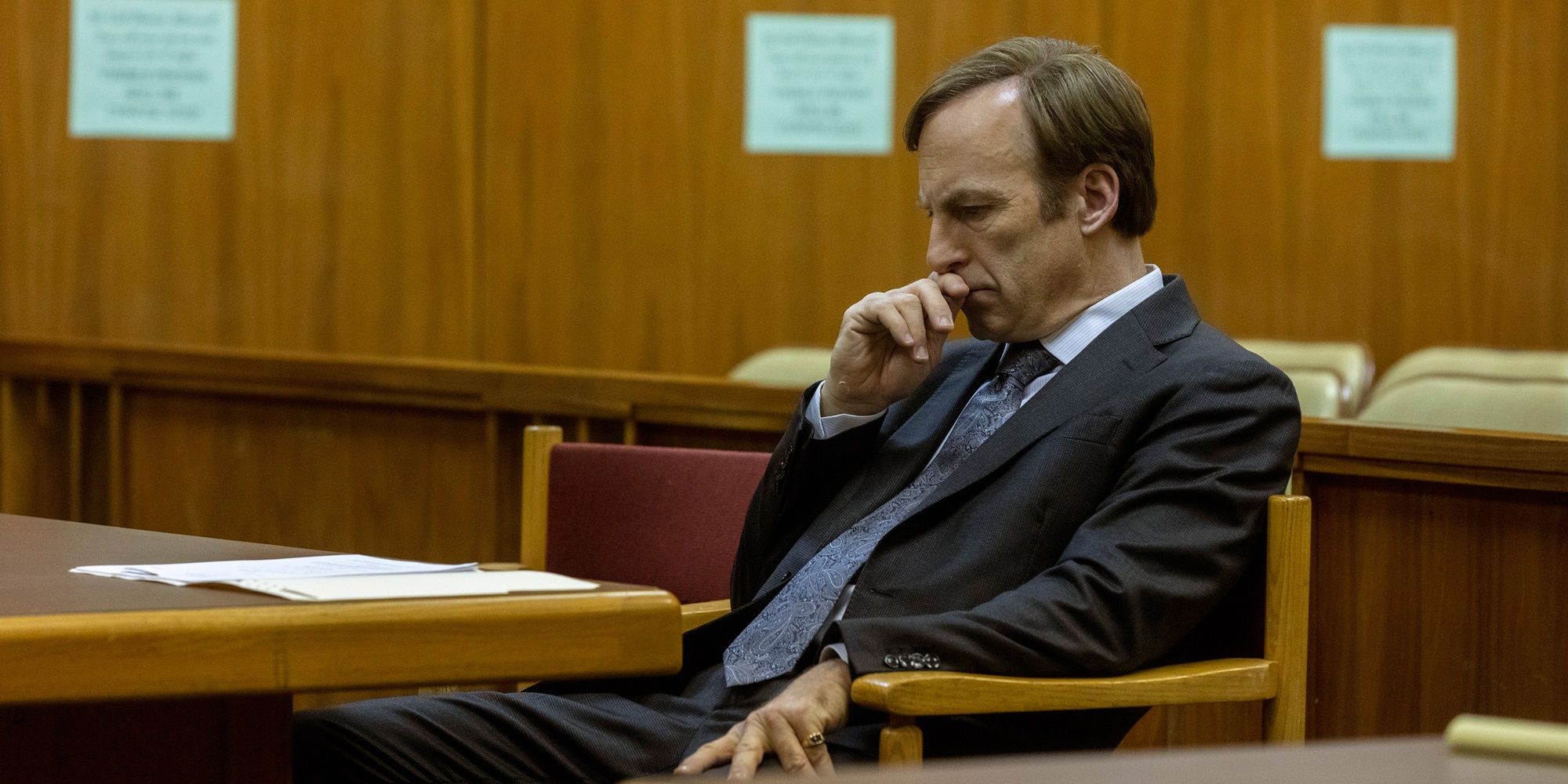
Unlike Walter, few of Jimmy's actions feel inherently diabolical; in fact, his entire practice of law is premised on helping those who would otherwise be persecuted or discarded by the criminal justice system. As Jesse so poetically puts it, "When the going gets tough, you don't want a criminal lawyer. You want a criminal lawyer."
Indeed, the profit-oriented Saul rarely appears empathetic toward the people that he helps, but it's arguable that Jimmy does demonstrate empathy. Whereas Walter derives satisfaction from individual power in the meth business, at least Jimmy (and later Saul) is actually helping folks. (Don't forget, however, that he charges money for that help...)
3 Walter White: He Dramatically Alters An Entire Drug Empire
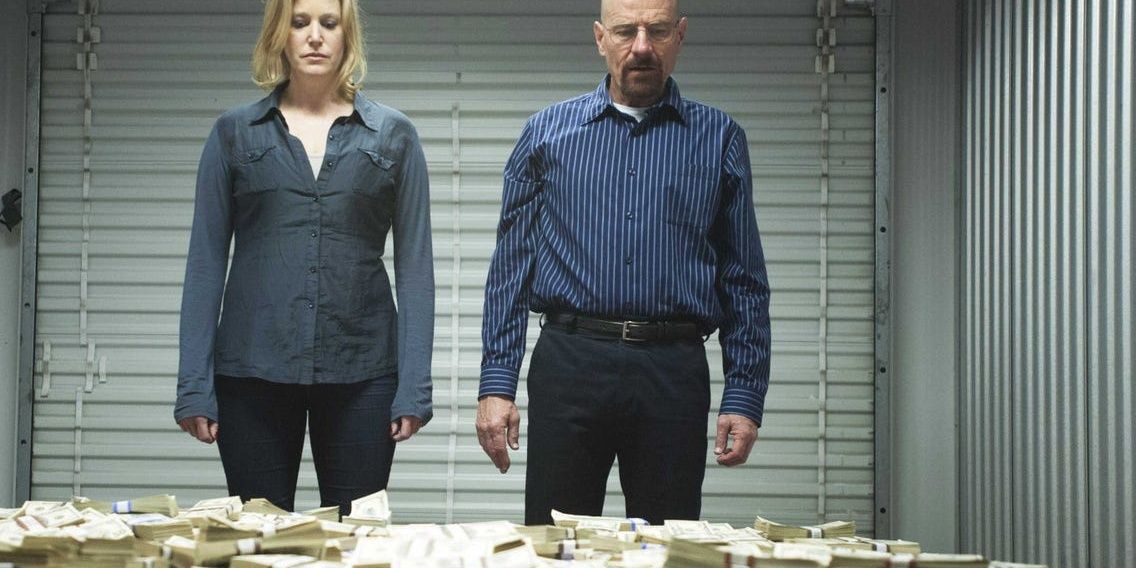
Although it ran for five seasons, the events of Breaking Bad take place over a mere two years. In that time, Walter injects himself into the complex dynamics of Albuquerque's entire meth industry, innovates to create an esteemed new type of the drug, and launches a dramatic power upset.
In the process, of course, he destroys the lives of numerous people and acquires a massive God complex (it must be noted, too, that much of his success wouldn't be possible without the help of a certain Jesse Pinkman). However, Walter's influence is certainly monumental, especially given his baseline as a definitively unrebellious high school chemistry teacher.
2 Jimmy McGill: There's A Dash Of Humor In All His Schemes
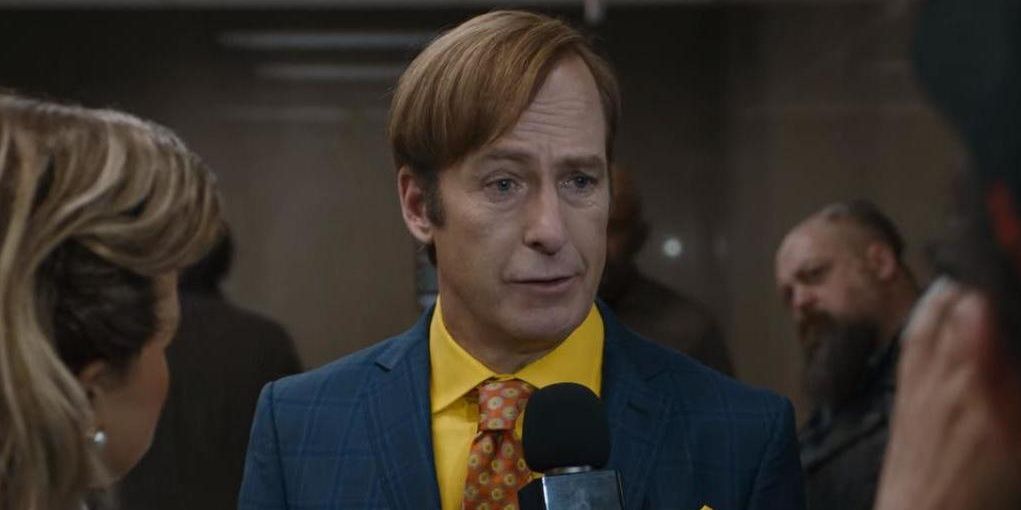
If there's one thing Jimmy and Saul have mastered better than Walter, it's humor. Whether in his courtroom monologues as Jimmy or cheesy office spiels as Saul, wit is a central component of this highly intelligent lawyer's words and maneuvers.
In season five of Better Call Saul, for instance, he recruits clients by offering burner phones (from a previous scheme) at his publicity event. Walter's plans are nowhere near that hilarious -- or inventive!
1 Walter White: He's A Master Of Intimidation
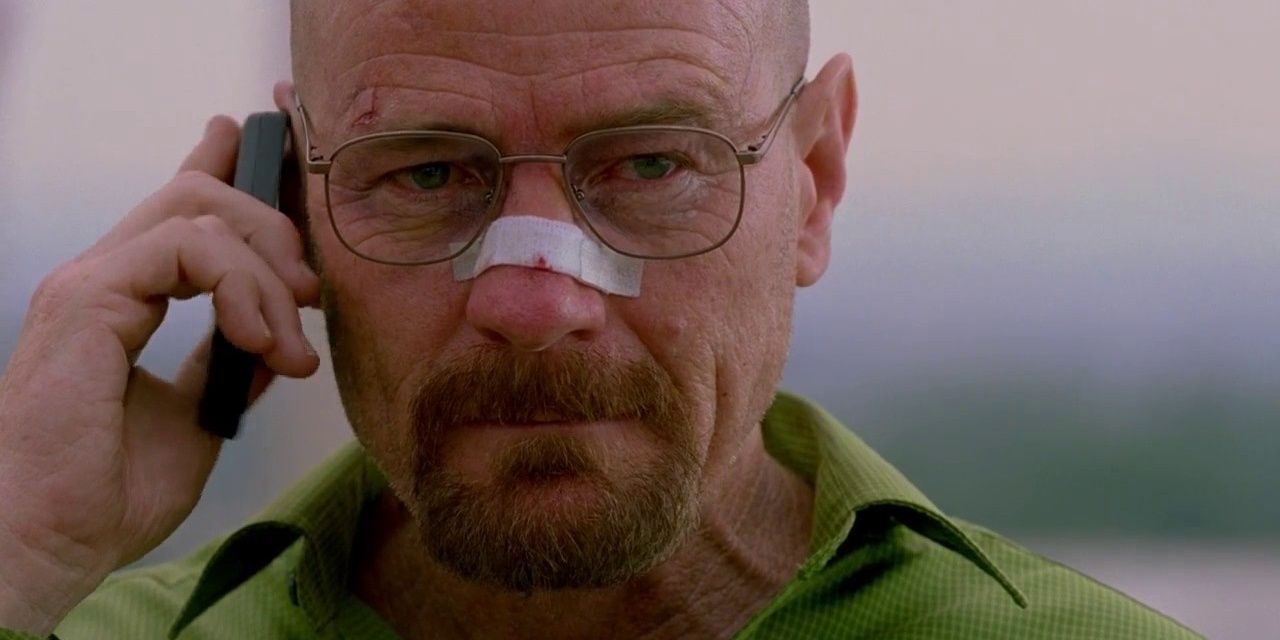
What he lacks in effervescent humor, Walter White makes up for with effective intimidation and, well, just plain scariness. It's true that certain moments are both frightening and absurd, such as his infamous and dramatic declaration to Skyler: "I am not in danger, Skyler. I am the danger."
However, this intensity has undeniably traumatic implications, for Skyler, for Jesse, and for Walter's ascending role in the Albuquerque meth world. Part of the reason these moments are sometimes absurd is that Walter is almost too self-aware; he knows how powerful he has become, and he relishes in it. Scary, indeed.
from ScreenRant - Feed https://ift.tt/30Fw6aG





No comments: